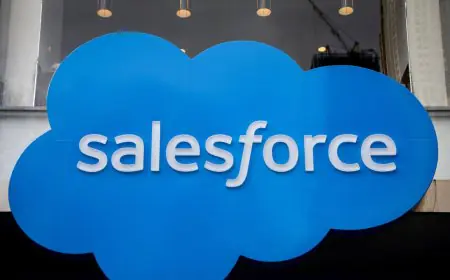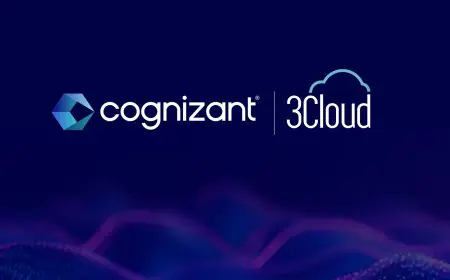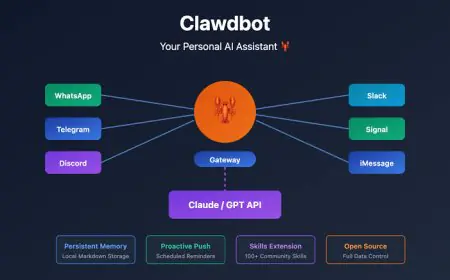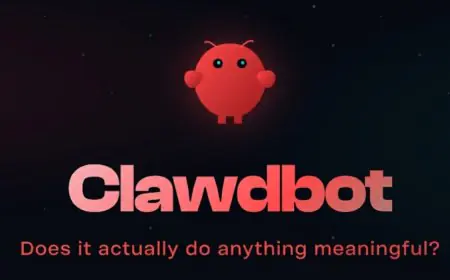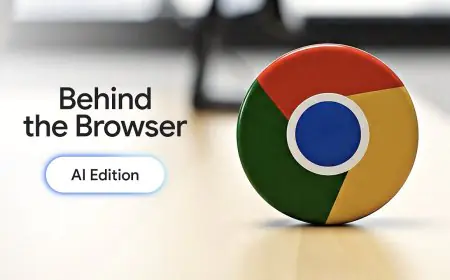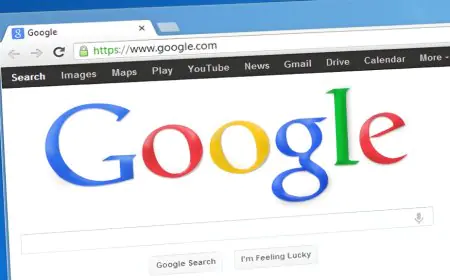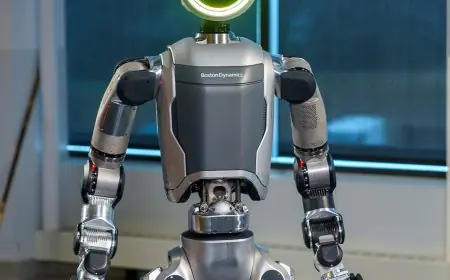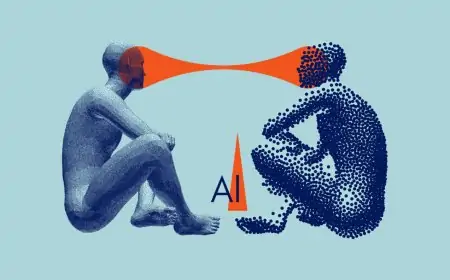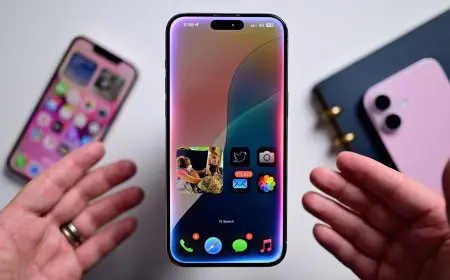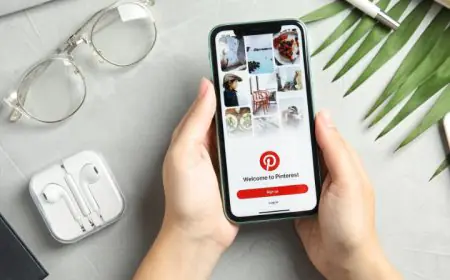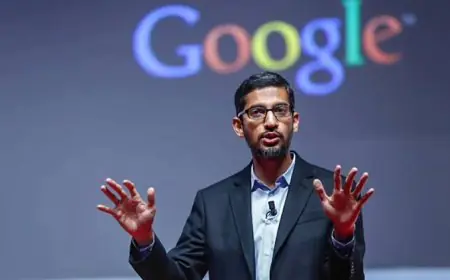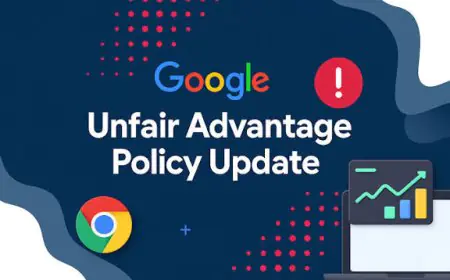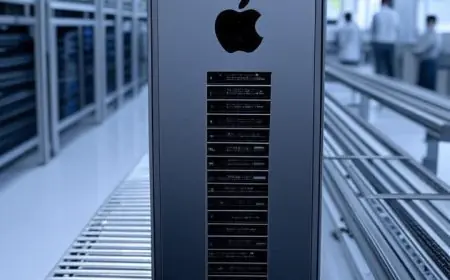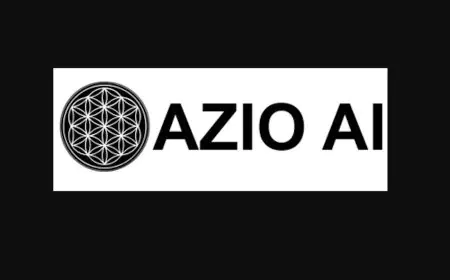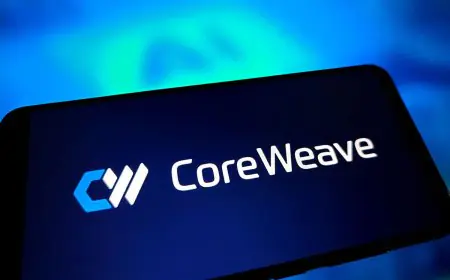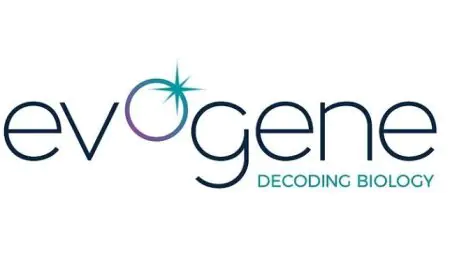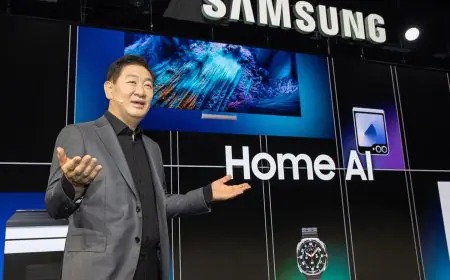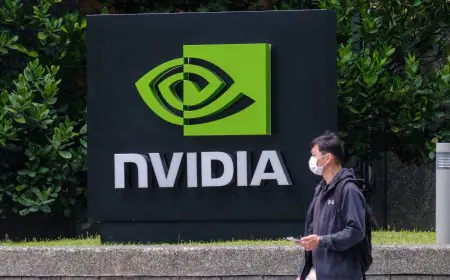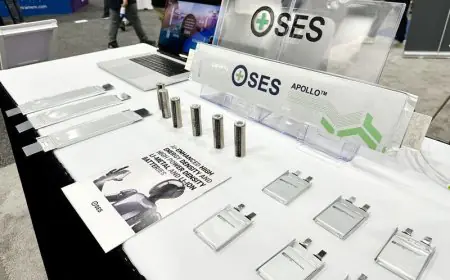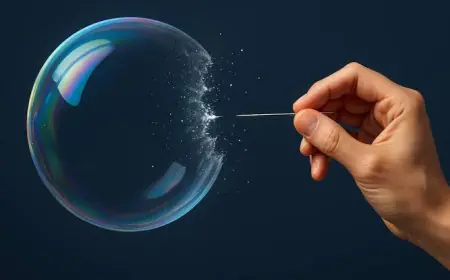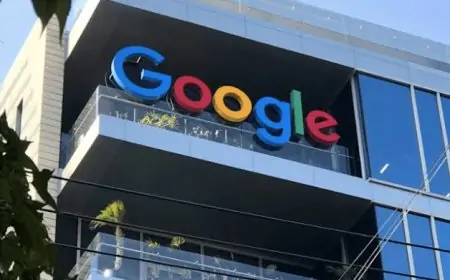Pinterest Takes a Stand Against AI Slop by Labeling Generative AI Content
Pinterest is implementing labels for AI-generated content to enhance user experience and combat the rise of low-quality AI "slop" on its platform. This initiative aims to provide clarity and context to users as they navigate the site.

In a significant move to improve user experience and address growing concerns about the quality of content on its platform, Pinterest has announced that it will begin labeling posts created or modified by generative AI tools. This initiative comes in response to an influx of what users have termed "AI slop," which often leads to low-quality content that dilutes the platform's original purpose as a source of inspiration and creativity.
Pinterest's decision follows feedback from users frustrated by the overwhelming presence of AI-generated images that frequently link back to spammy websites or low-value content. Many users have reported difficulty in finding authentic, human-created material amidst the flood of automated posts. In an effort to combat this trend, Pinterest is rolling out labels that will clearly indicate when a Pin is either "AI generated" or "AI modified." These labels will appear as small watermarks on images, providing users with essential context about the content they encounter.
The company acknowledges that while generative AI content constitutes a small percentage of overall impressions on the platform, it recognizes the potential for this issue to escalate. As such, Pinterest is committed to expanding its labeling system in the coming months. The labels adhere to the International Press Telecommunications Council (IPTC) standards for photo metadata, ensuring consistency and clarity across the platform.
In conjunction with these labeling efforts, Pinterest has also updated its privacy policy to clarify how it utilizes user data for training its generative AI models. Effective April 30, 2025, Pinterest will use user-generated content to train its machine learning algorithms, allowing it to enhance features and improve services across the platform. Users have the option to opt out of this data usage by adjusting their profile settings.
This update has drawn comparisons to similar practices by other tech giants like Meta and Google, which also leverage user data for AI training. However, Pinterest emphasizes that it does not use data from underage users for these purposes and aims to enhance transparency around its practices.
The introduction of AI labeling is seen as a critical step toward maintaining the integrity of Pinterest as a visual discovery platform. Users have expressed concerns over the dilution of quality due to unchecked AI-generated content, leading some individuals to abandon the app altogether. By implementing these labels, Pinterest hopes to empower users with more control over their feeds and foster a more authentic creative environment.
Despite these challenges, Pinterest reported record engagement levels in Q4 2023, with 553 million monthly active users. The company continues to innovate by introducing new tools aimed at helping marketers create ads more efficiently while ensuring that genuine user-generated content remains accessible and prominent.
As Pinterest navigates this evolving landscape of generative AI and user expectations, its commitment to transparency and quality will be pivotal in shaping its future direction.

